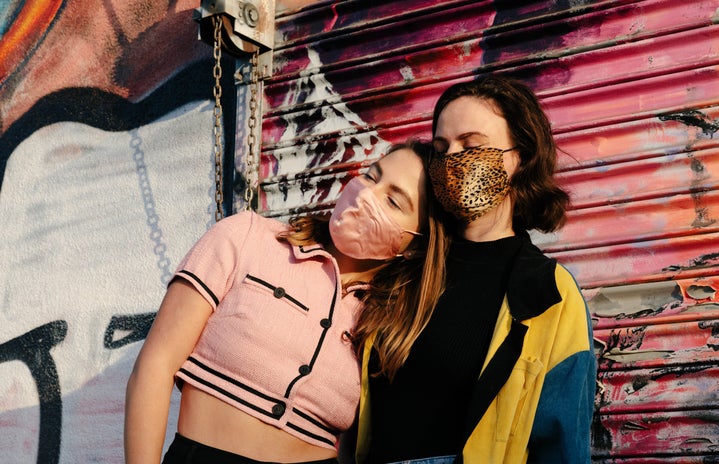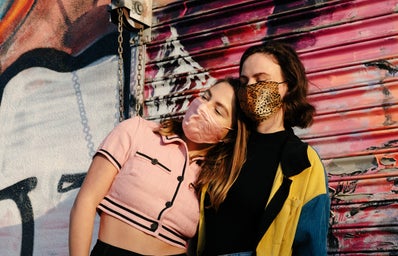I didn’t realize that I was LGBTQIA+ until I started hanging around other queer people in college, which means that I didn’t come out to my parents until my 20th birthday. I am now 22, and I feel like I can look at the experience more objectively. Looking back, there are so many valuable lessons that I have taken away from the experience. Here are five things that coming out in my early 20s taught me.
- Compulsory heterosexuality is more common than I thought
-
When I was young, I suffered from compulsory heterosexuality (“comphet” for short), which is when queer women and girls grow up believing that they are straight by default because we are often groomed and socialized to live heterosexual lives. I never questioned my attraction to men growing up, but I always questioned my experiences with women and non-binary people, wondering if my attraction to them was genuine or not. It wasn’t until I started talking to other queer women who had similar experiences that I realized how common comphet is and how many women struggle with their identity because of it.
- Inclusive sex education would have helped me
-
To this day there are still school systems debating whether or not to add LGBTQIA+ history and inclusive sex education to the curriculum. When we talk about sex positivity, there is often too much emphasis on normalizing the freedom to do whatever we want in our relationships and sex lives without shame, but we often forget that sex positivity also includes not doing what we’re not comfortable with. I know that if I had been taught that asexuality and queer sex were normal in school, I probably wouldn’t have questioned my experiences as much, and I may have come out sooner.
- Coming out is a lifelong process
-
When I first came out to my family and on social media, I thought that I would have the process “out of my system.” However, I soon realized that I had to keep coming out — to my co-workers, classmates, and even strangers I’m making small talk with who wrongly assume that I am straight. In a heteronormative world where everybody is assumed to be straight, queer people are forced to keep coming out throughout their lives.
- I didn’t need all the answers right away
-
There is no such thing as a “late bloomer.” Coming out is hard enough. We have to normalize people figuring themselves out at their own paces and allow everybody to come out on their own terms. Another thing that factored into me constantly questioning my queer identity was the fact that I didn’t have a definitive answer right away. I thought I had to know for sure and have a perfect answer, but sexuality and gender identity are far more complex and nuanced than that. Once I finally came out to myself, I realized that it’s OK not to have all the answers.
- Safety is a huge priority and isn’t always an option for some
-
According to True Colors United, an organization focusing on the unique experiences of LGBTQIA+ people, 20-40% of youth experiencing homelessness in America are LGBTQIA+. It’s very important to acknowledge that a lot of young queer and/or questioning kids may not live in an ideal environment that will allow them to come out, and many queer individuals who do come out are then kicked out of their homes. There is no problem with a young person waiting until they are an independent adult to come out if coming out earlier will compromise their safety.
I am lucky that I have a supportive circle of friends and family. Even so, this doesn’t change the fact that a lack of resources was a large factor in what took me a little longer to figure out my sexuality. But there’s nothing wrong with waiting. It is never too late for a person to decide when they are ready to come out, and that is one of the most valuable teachings I took away from coming out in my 20s.


